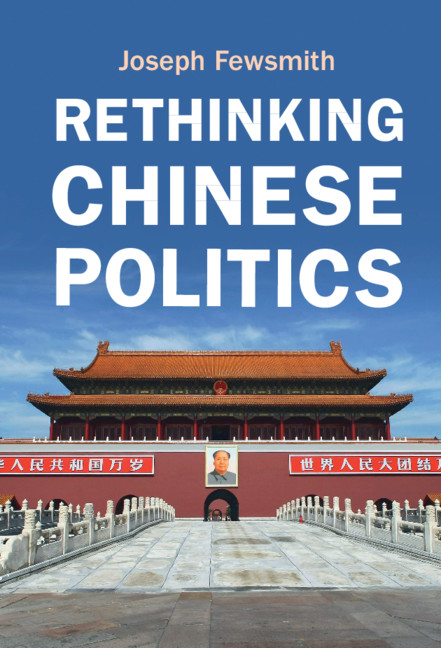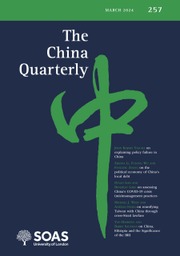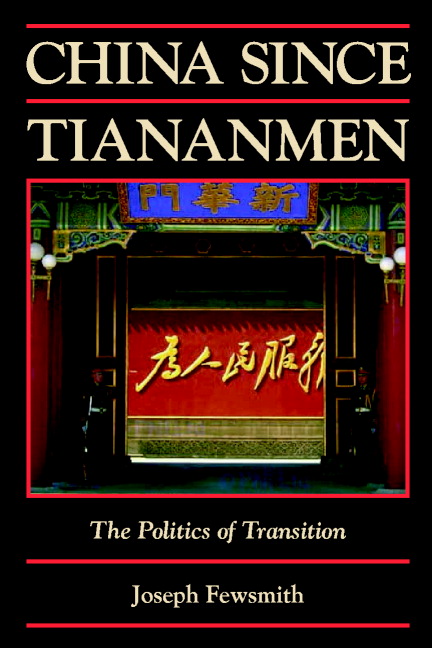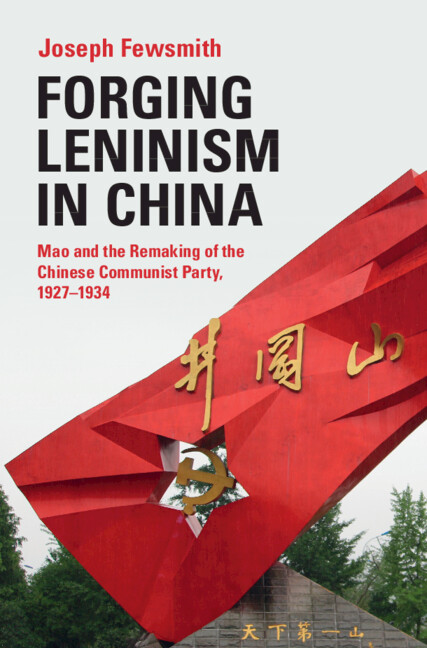The Logic and Limits of Political Reform in China
In the 1990s China embarked on a series of political reforms intended to increase, however modestly, political participation to reduce the abuse of power by local officials. Although there was initial progress, these reforms have largely stalled and, in many cases, gone backward. If there were sufficient incentives to inaugurate reform, why wasn't there enough momentum to continue and deepen them? This book approaches this question by looking at a number of promising reforms, understanding the incentives of officials at different levels, and the way the Chinese Communist Party operates at the local level. The short answer is that the sort of reforms necessary to make local officials more responsible to the citizens they govern cut too deeply into the organizational structure of the party.
- Uses readable case studies and presents a sense of China 'on the ground'
- Appeals to students of authoritarian political systems by drawing on the literature of institutions and authoritarian political systems
- Presents clear analysis of how the Chinese political system works
Reviews & endorsements
“Fewsmith’s superb new book is a warning against optimistic hopes that China will gradually evolve into a democracy. This warning emerges from the book’s telling case studies of failed attempts at local political reforms that had aimed to make officials more accountable to the public. In each case, promising reforms were thwarted by a combination of bureaucratic interests; established organizational principles – it is the Party, not the public, that controls cadres; and entrenched practices such as regular transfers of Party secretaries, which removes reform-minded officials from the scene. Even the most promising experiment in promoting "consultative democracy" turned into "consultative authoritarianism" as elite interests and preferences prevailed. Liberalizing political reform is on the agenda of China’s top leaders, but even if they decide to enact such reforms, implementation faces the kinds of impediments illustrated so well in this important study.”
Thomas P. Bernstein, Professor Emeritus, Columbia University
“In this marvelous new book, Fewsmith highlights one of the key puzzles of Chinese politics: why do so few local officials experiment with political reforms when so many have experimented with all kinds of economic reforms? He draws on his extensive knowledge of local politics to show how the interplay of the political structure and individual personalities shapes the potential for political reform. He convincingly shows the importance of looking at grassroots dynamics – not just politics in Beijing – to understand the future of China.”
Bruce J. Dickson, The Elliott School of International Affairs, George Washington University
“Why have Chinese local governance reforms failed to curb the arbitrary power of local bosses? Fewsmith’s fine survey convincingly shows how the Communist Party’s fears of losing control have hamstrung the reforms, and thereby lost the Party the opportunity to put its authority on a more solid footing. Let’s hope the book is translated into Chinese and its lessons learned by future Party leaders.”
Susan L. Shirk, School of International Relations and Pacific Studies, University of California, San Diego
“Joseph Fewsmith, one of America’s best-informed China watchers, reads widely in Chinese. Over the past six years, he has traveled around many regions of China to see how badly needed reforms are proceeding. He has found that they have not succeeded, and here he tells us why.”
Ezra Vogel, Henry Ford II Professor of the Social Sciences Emeritus, Harvard University
"In recent years, grass-roots political reforms in China have drawn much hopeful attention in the West … But Fewsmith’s careful analyses of roughly a dozen such experiments show that none was democratic in the Western sense."
Andrew J. Nathan, Foreign Affairs
"A leading scholar on China, Fewsmith examines the important reforms undertaken in China since the 1990s, ranging from inner-party democracy to deliberative democracy/consultative authoritarianism … this book excels in presenting specific instances of reform in China through the author’s extensive field trips and research there. Moreover, it answers an important question regarding China’s future and will be beneficial for students and scholars of Chinese political reforms, China’s democratization, and China studies. Summing up: recommended. Upper-division undergraduate, graduate, and research collections."
X. Li, Choice
Product details
February 2013Hardback
9781107031425
229 pages
222 × 143 × 19 mm
0.43kg
4 b/w illus. 4 maps
Available
Table of Contents
- 1. The problem of governance in China
- 2. Bottom-up reform versus top-down development
- 3. Inner-party democracy
- 4. Wenzhou: social capital without civil society
- 5. Consultative authoritarianism: the Wenling model
- 6. Conclusion.


















